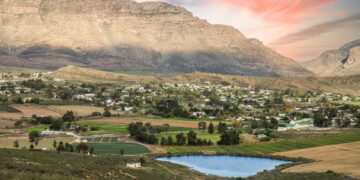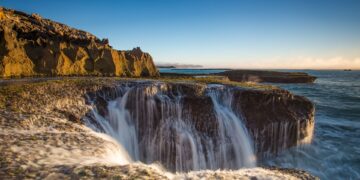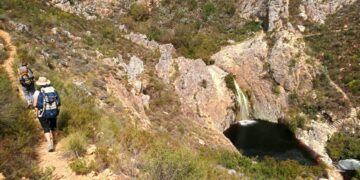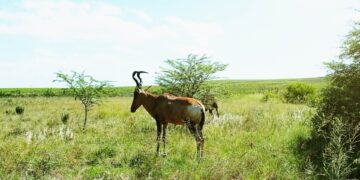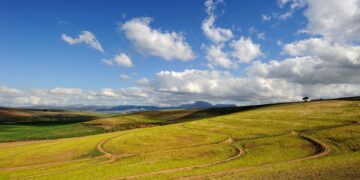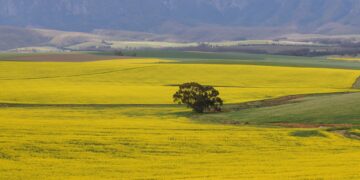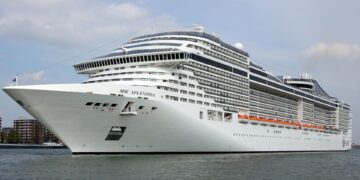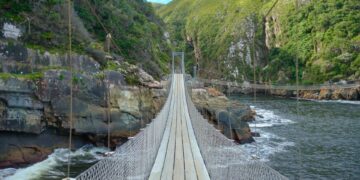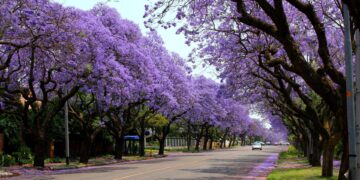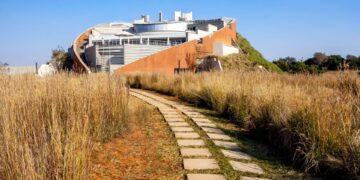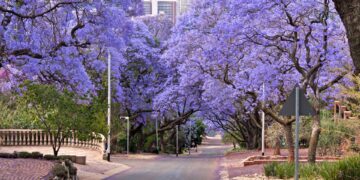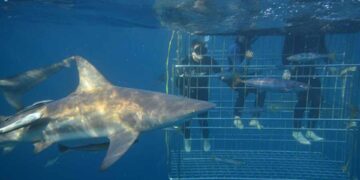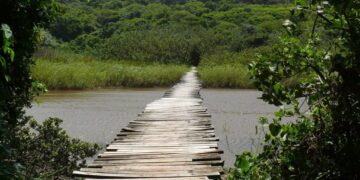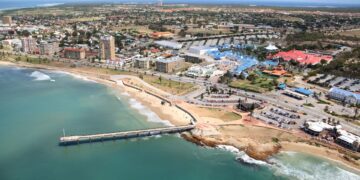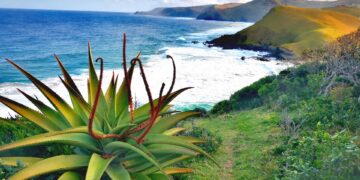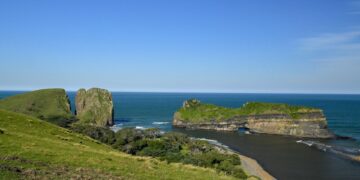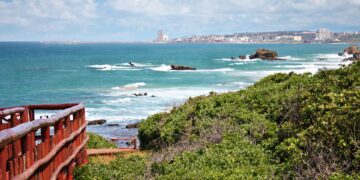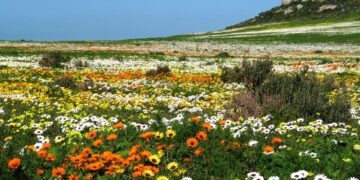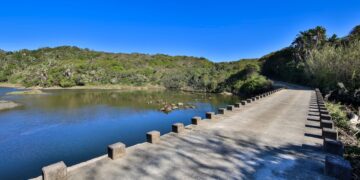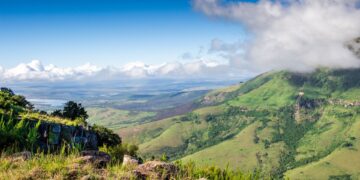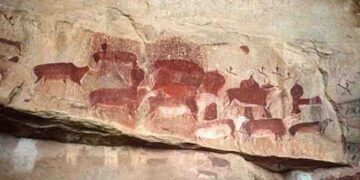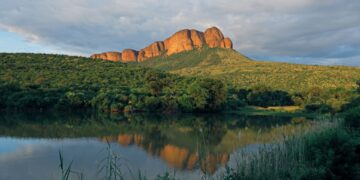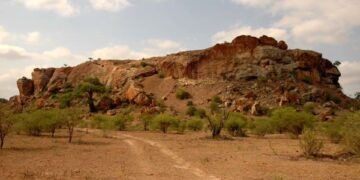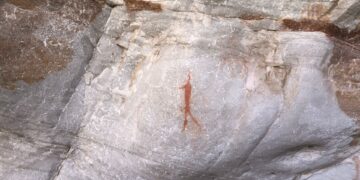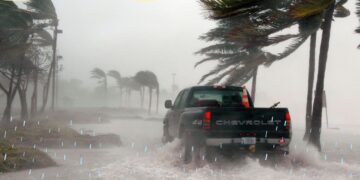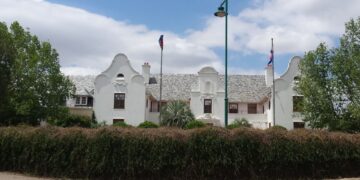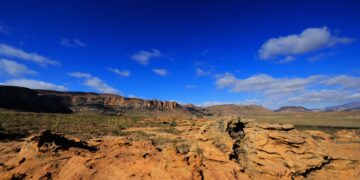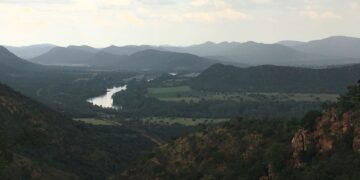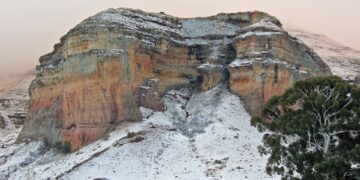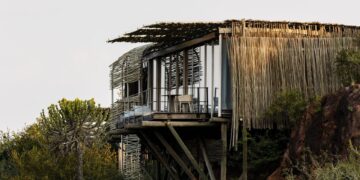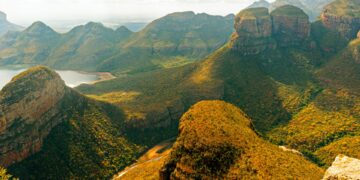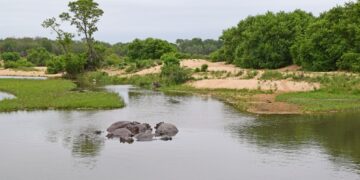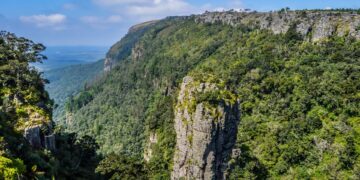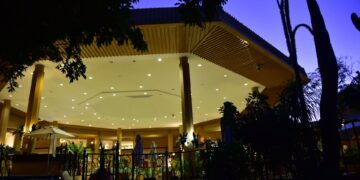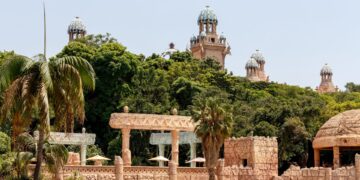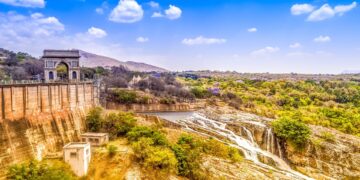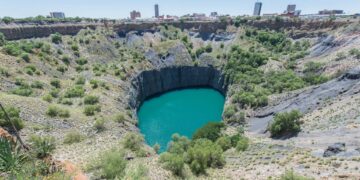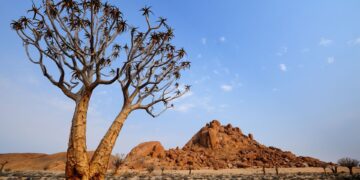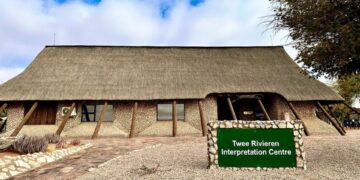The City of Cape Town was recently accredited as South Africa’s very first Ramsar Wetland City by the United Nations (UN).
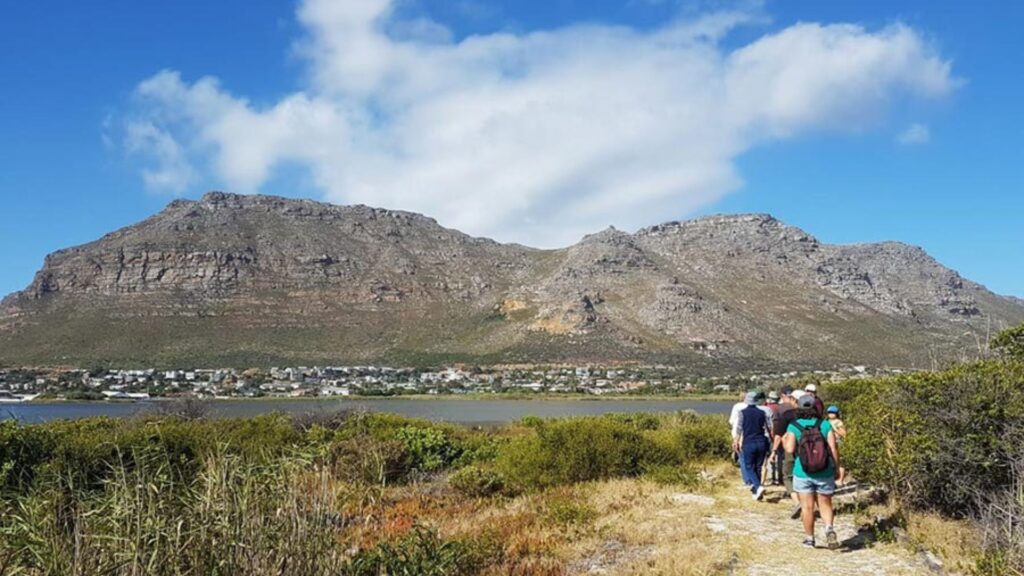
What is a Ramsar Wetland City?
In 2015, the United Nations Convention on Wetlands, also known as the Ramsar Convention, introduced Wetland City Accreditation for cities that recognise the importance of protecting urban or peri-urban wetlands.
This Accreditation program aims at providing international recognition for these cities that uphold a solid and favourable relationship with wetlands by creating public awareness of their benefits, incorporating wetland protection into municipal planning and decision-making, as well as promoting wetland benefits for local people.
Now, the City of Cape Town proudly boasts South Africa’s very first Ramsar Wetland City accreditation.
The city is home to over 11 000 hectares of wetlands, which provide essential services such as disaster risk reduction and contributes to climate change adaptation and mitigation, reports SApeople.
“Over the past 20 years, the city has implemented several initiatives, both inside and outside of protected areas, with the aim of rehabilitating wetlands and conserving these natural assets,” the Department of Forestry, Fisheries and the Environment said in a statement on 11 November.
“Because of the threats posed by urbanisation and the increased demand for land on wetlands, the Convention in 2015 introduced Wetland City Accreditation for cities that have recognised the importance of protecting urban or peri-urban wetlands,” the department added.
ALSO READ: Google reports the most clicked-on destinations in SA
The Mother City: A hotspot of diversity
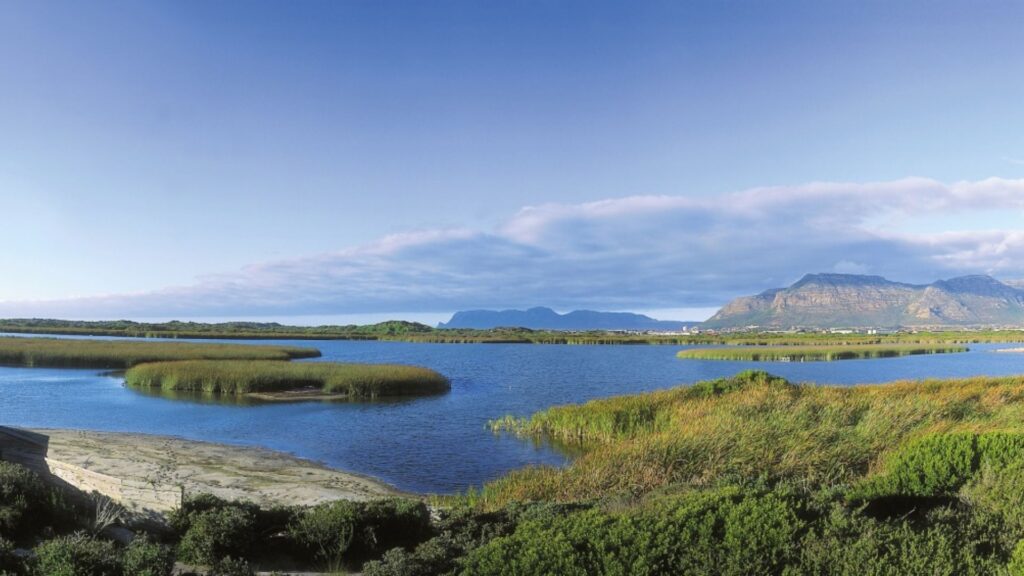
Cape Town is also recognised as a global hotspot of biodiversity and has many rare and threatened wetlands which support a number of endemic fauna and flora species.
These wetlands include the Rietvlei and Milnerton Lagoon, the Zandvlei Estuary, Edith Stephens Wetlands, False Bay Nature Reserve, which is considered a wetland of international importance, the Noordhoek wetlands and a number of others.
“Through the Ramsar Accreditation system those living in urban areas are now being encouraged to regard their wetlands as spaces which contribute to the liveability of cities through improving water quality, regulating the climate and reducing the effects of urban heat islands, providing space for recreation and leisure, and mitigating the effects of extreme events such as floods and resulting infrastructure damage,” the department finished.
ALSO READ: Table Mountain National Park: Mountains of beauty

